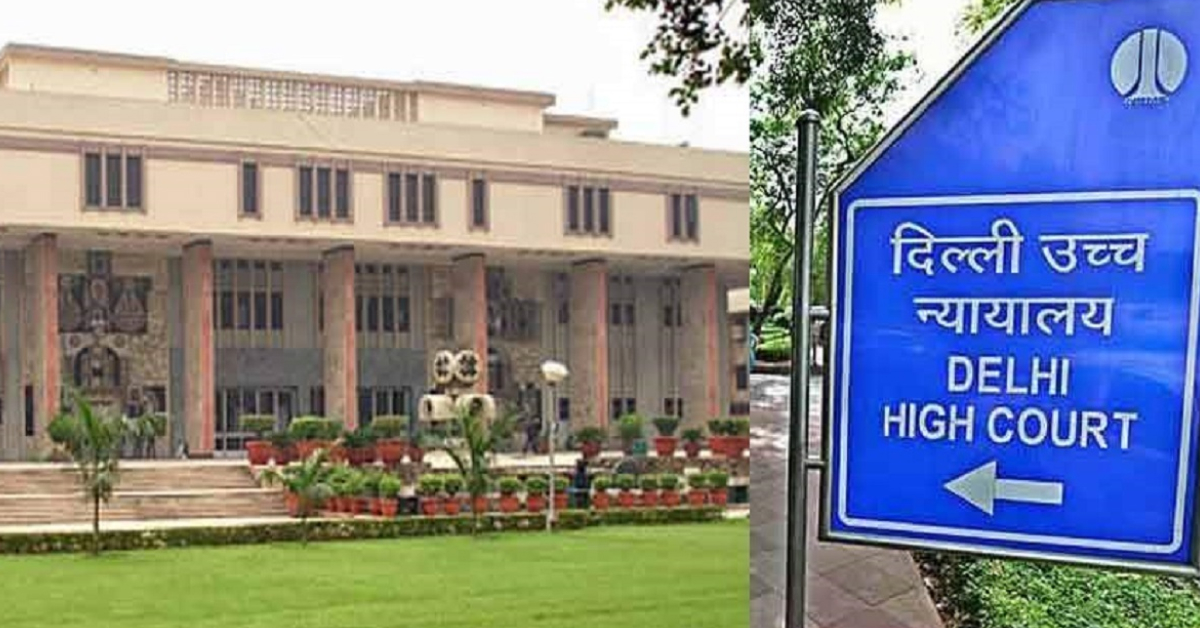Context of the Case
The conflict arose from a Construction, Procurement of Materials, and Equipment Contract between Welspun Enterprises Ltd (petitioner) and Kasthuri Infra Projects Pvt Ltd (respondent). Welspun Enterprises accused Kasthuri Infra Projects of significant contract breaches. Seeking interim relief, Welspun approached the Delhi High Court under Section 9(1) of the Arbitration and Conciliation Act, 1996. The petitioner aimed to prevent the respondent from obstructing the use of equipment and machinery at the project site. The High Court, recognizing these issues, issued a notice and prohibited the removal of equipment from the site.
Progress in the Case
Both parties soon appointed their respective arbitrators, though a presiding arbitrator had not yet been chosen. Amid these developments, Yes Bank filed a request under Section 151 of the Civil Procedure Code, arguing that certain properties at the site, which were hypothecated to the bank, should be excluded from the court's injunction. This request was pending review.
Owing to the lack of consensus among the appointed arbitrators, the High Court appointed a retired Supreme Court judge as the presiding arbitrator. With the three-member Arbitral Tribunal established and pleadings completed, the tribunal took over the proceedings.
High Court’s Observations and Ruling
Justice Shankar emphasized that courts should refrain from interfering once an arbitral tribunal is in place. He clarified that exceptions should only occur when there is an immediate threat that cannot wait for the tribunal’s judgment, such as the invocation of a bank guarantee or imminent dispossession.
The court referred to the Supreme Court's decision in Arcelor Mittal Nippon Steel India Ltd v. Essar Bulk Terminal Ltd, which ruled that courts should not entertain applications for interim measures once an arbitral tribunal is constituted unless the remedy under Section 17 is inadequate. Justice Shankar stressed that the onus was on the respondent to prove that urgent court orders were necessary and could not be delayed until the tribunal’s decision.
Final Conclusion and Orders
The High Court found no justification for parallel adjudication by the court. It determined that interim relief issues should be left to the Arbitral Tribunal to avoid influencing the tribunal’s process. The court resolved the petition, instructing the Arbitral Tribunal to handle it as an application under Section 17 of the Arbitration Act and to expedite the review of Yes Bank's intervention request.
This ruling reaffirms the judiciary's endorsement of arbitration as the foremost method for resolving disputes, indicating that courts should only intervene under exceptional circumstances where the tribunal's delayed response would cause irreparable harm.
keywords: Delhi High Court, Interim Orders, Arbitral Tribunal, Justice C. Hari Shankar, Arbitration and Conciliation Act, PrivateCourt, Delhi High Court, court intervention, dispute resolution, arbitration, Section 9 Arbitration Act, tribunal authority

